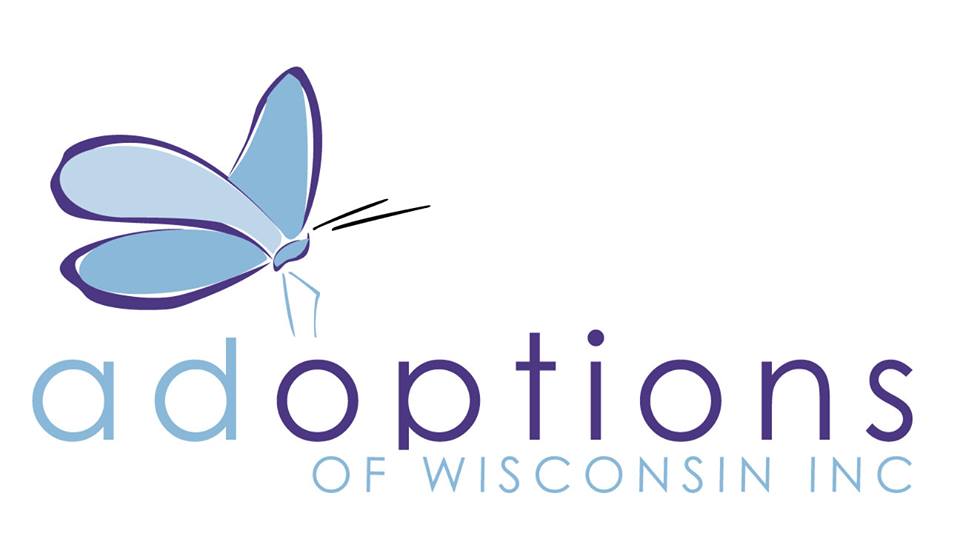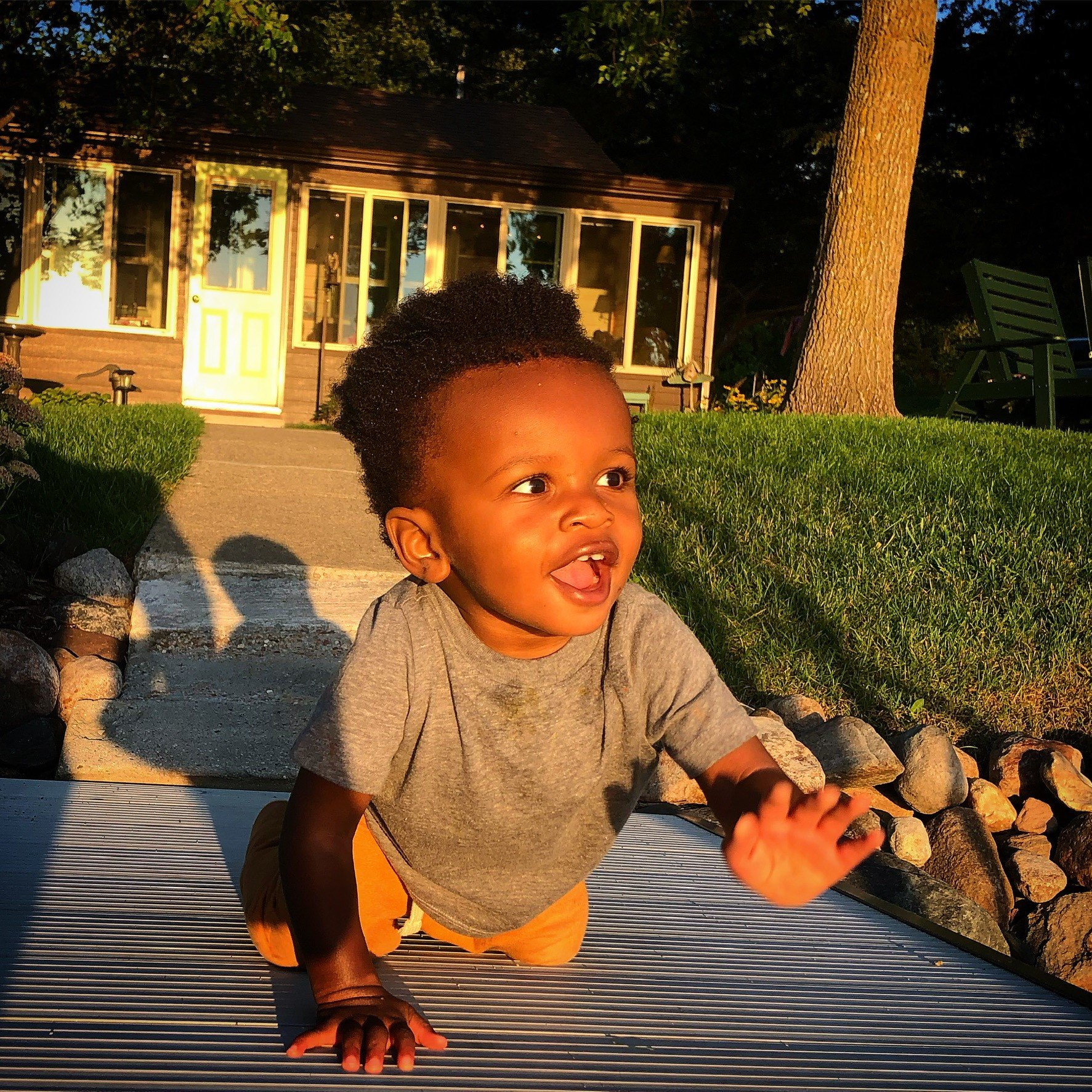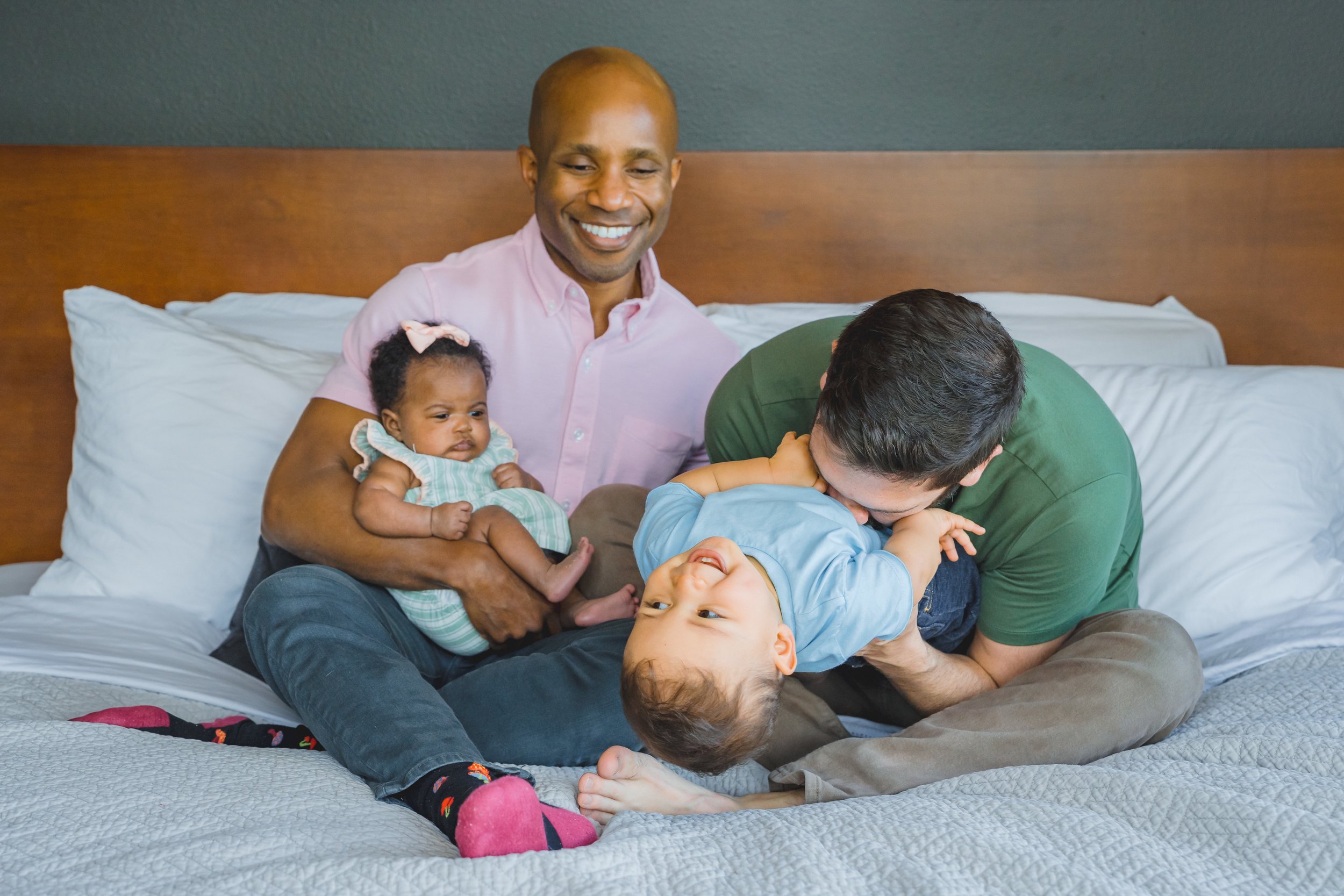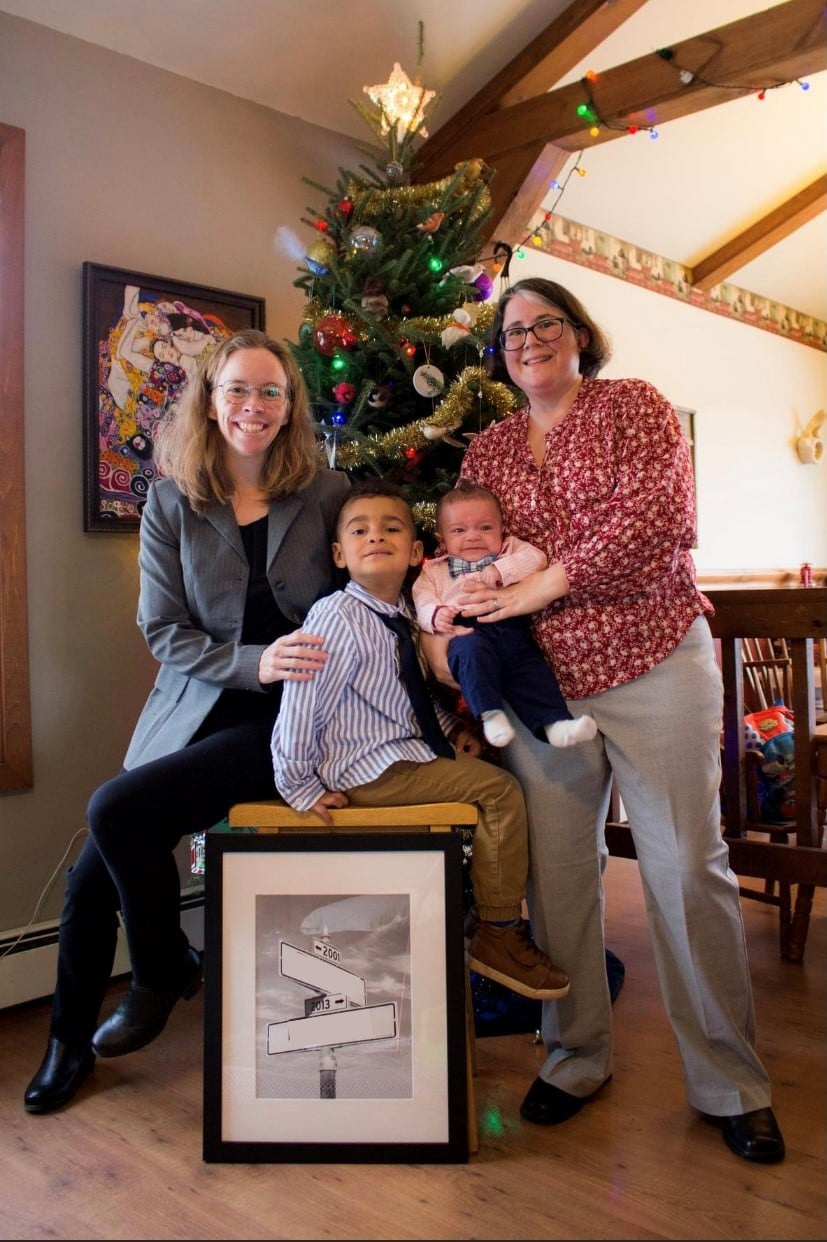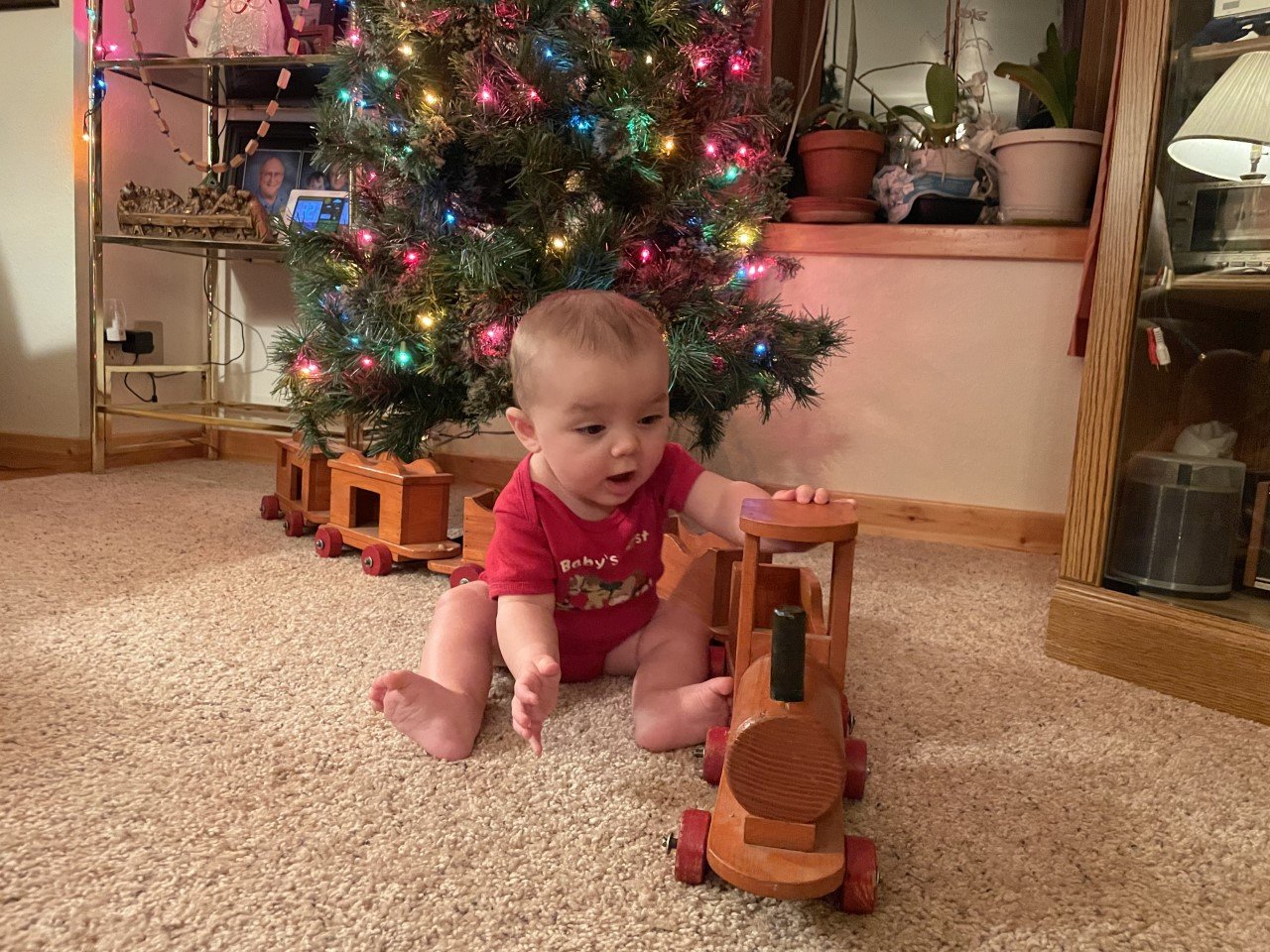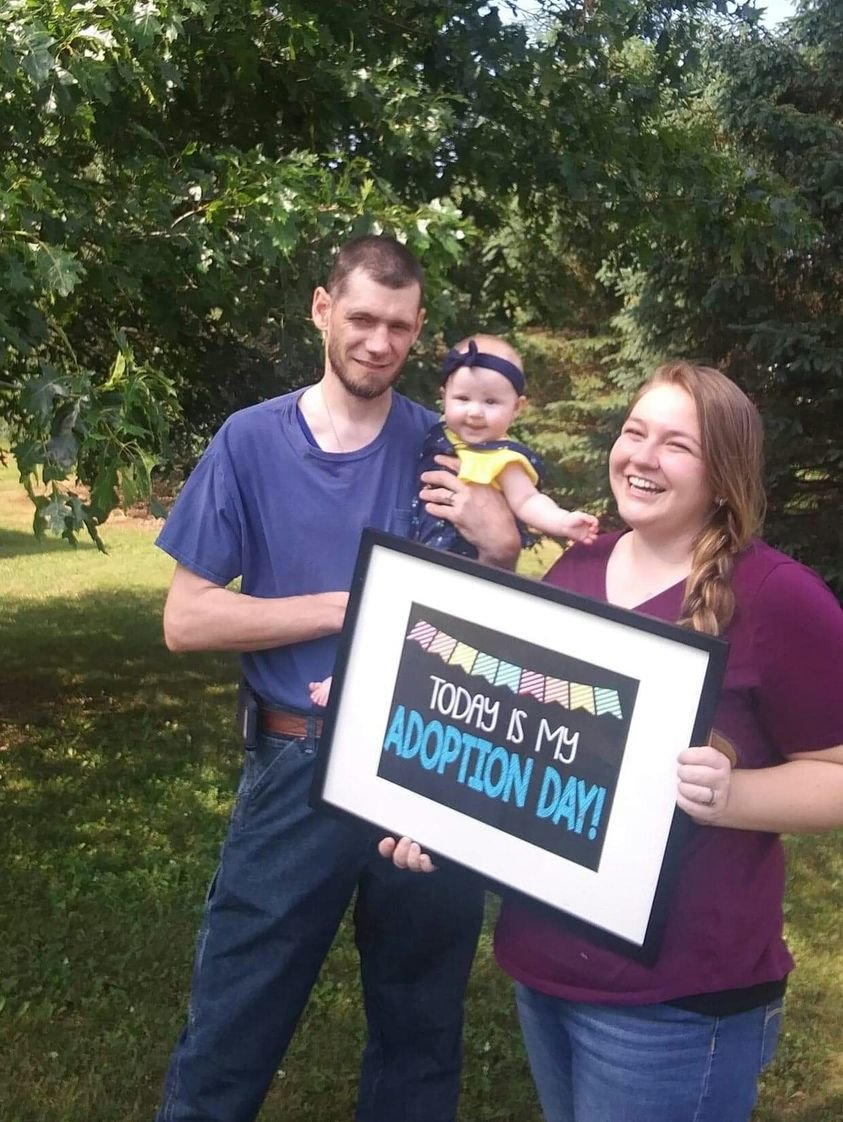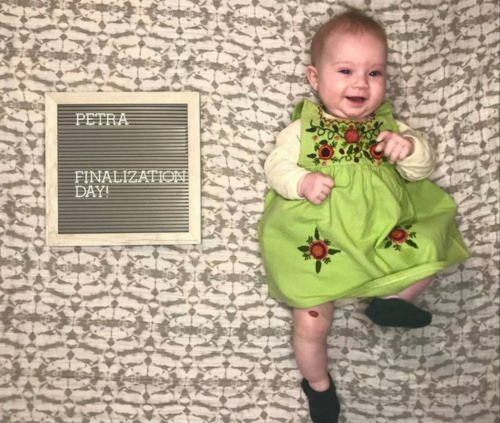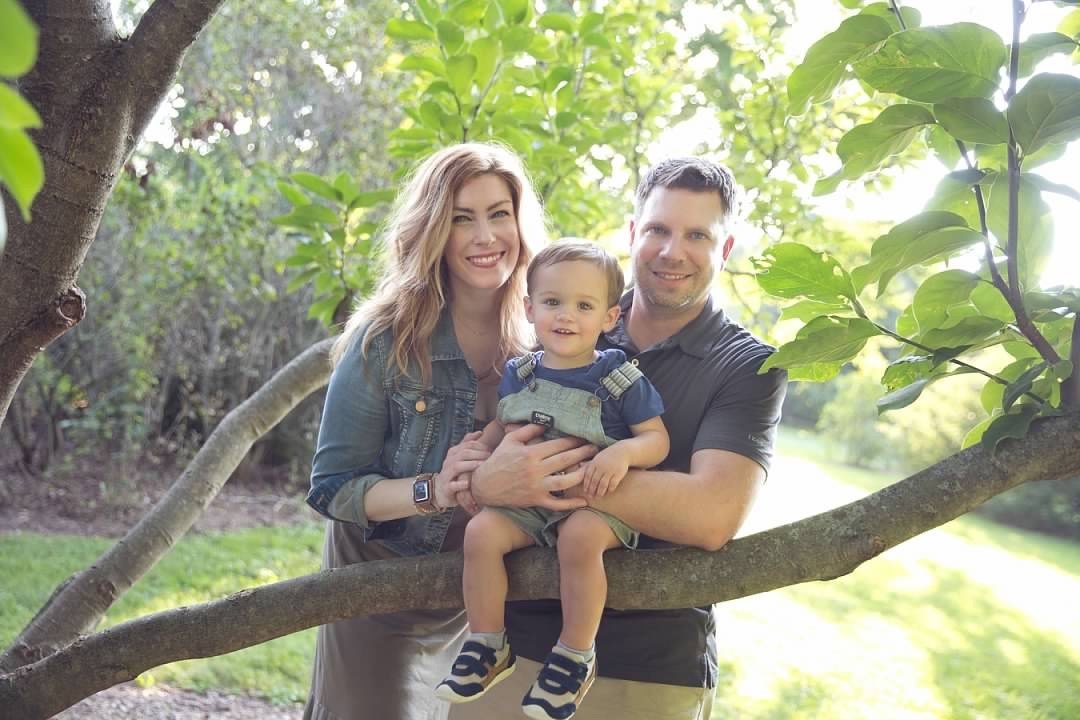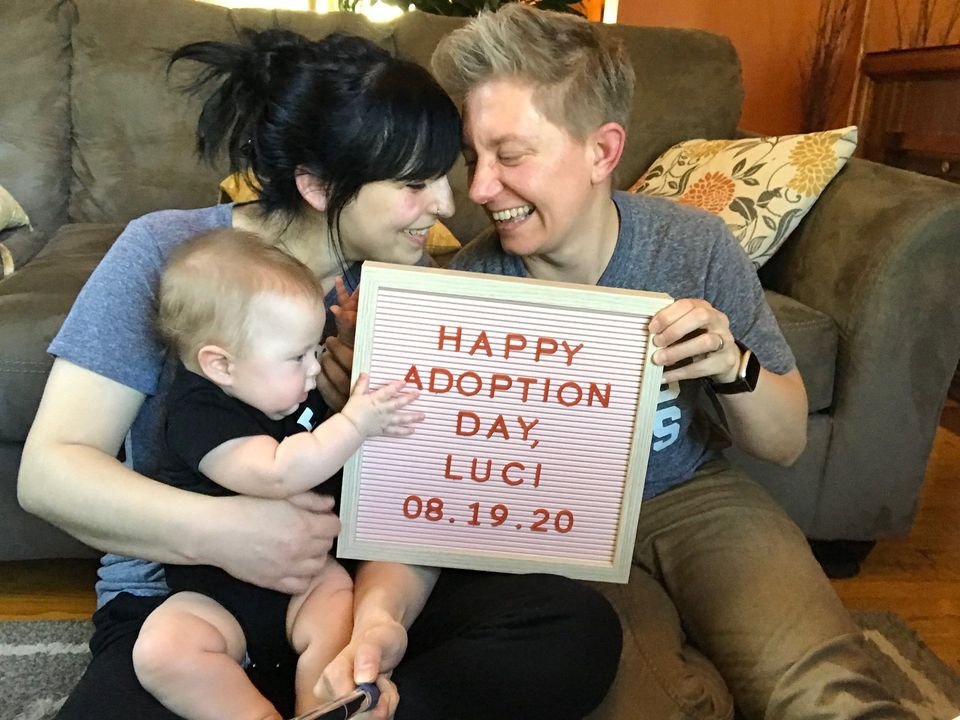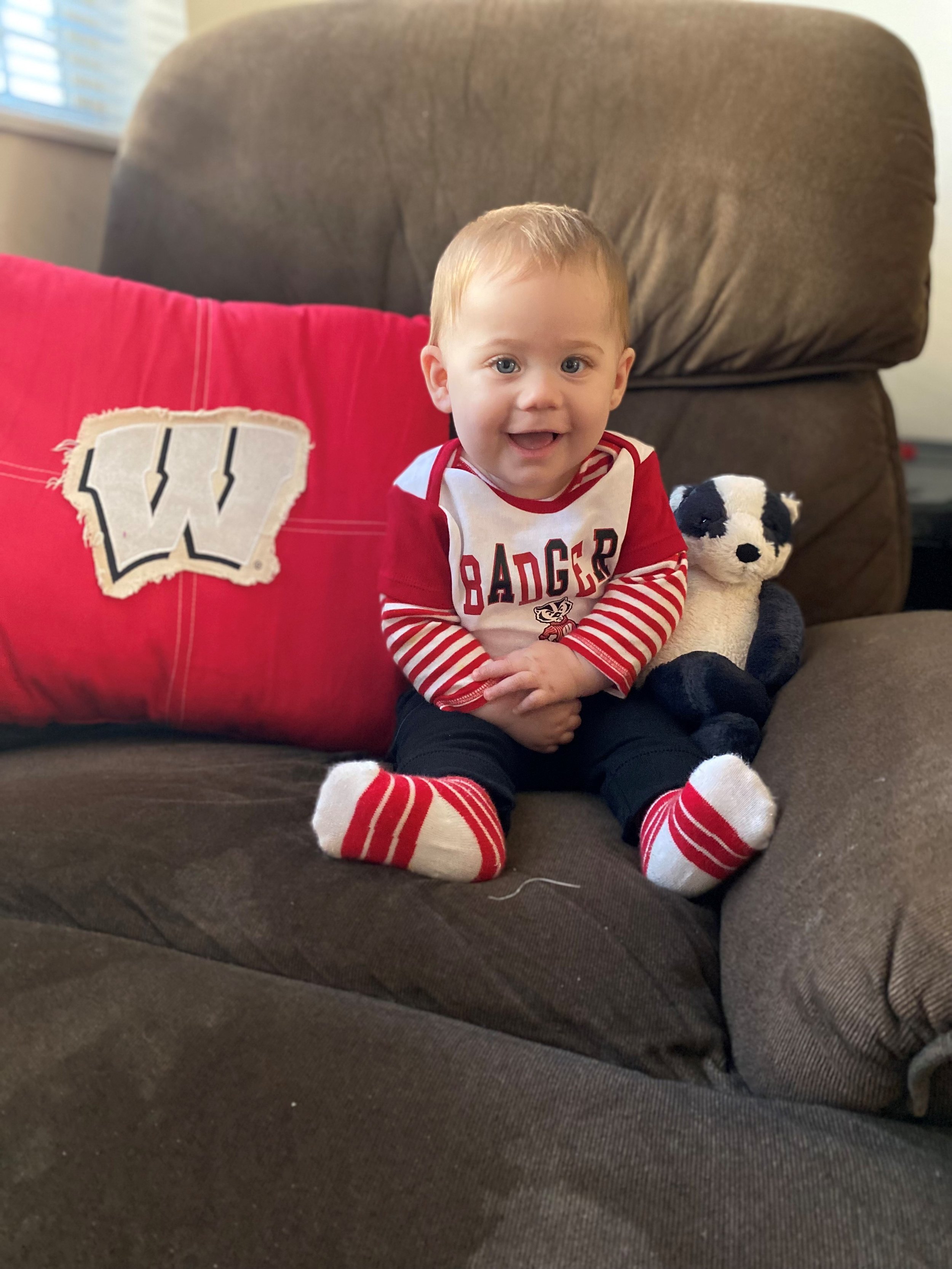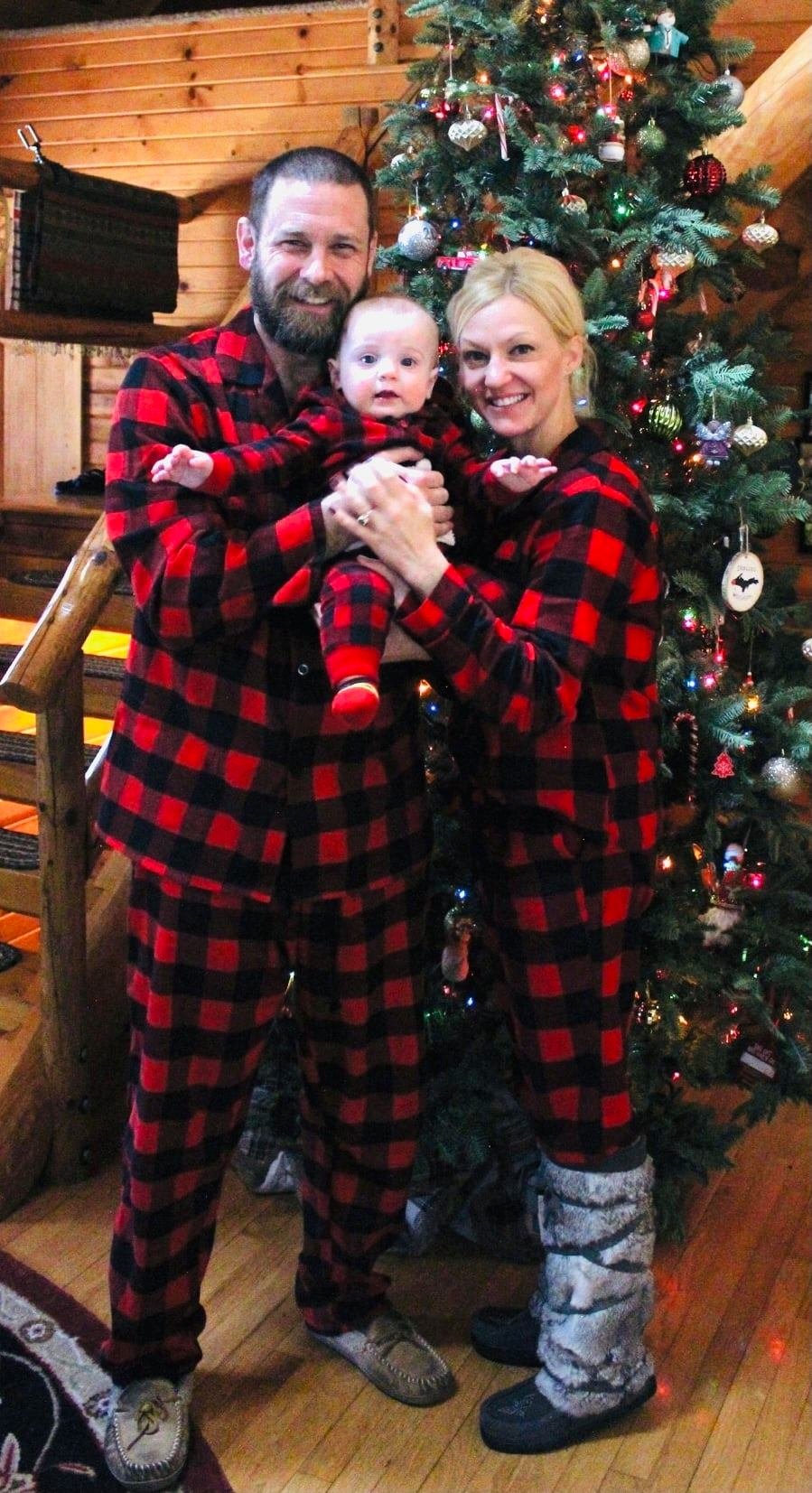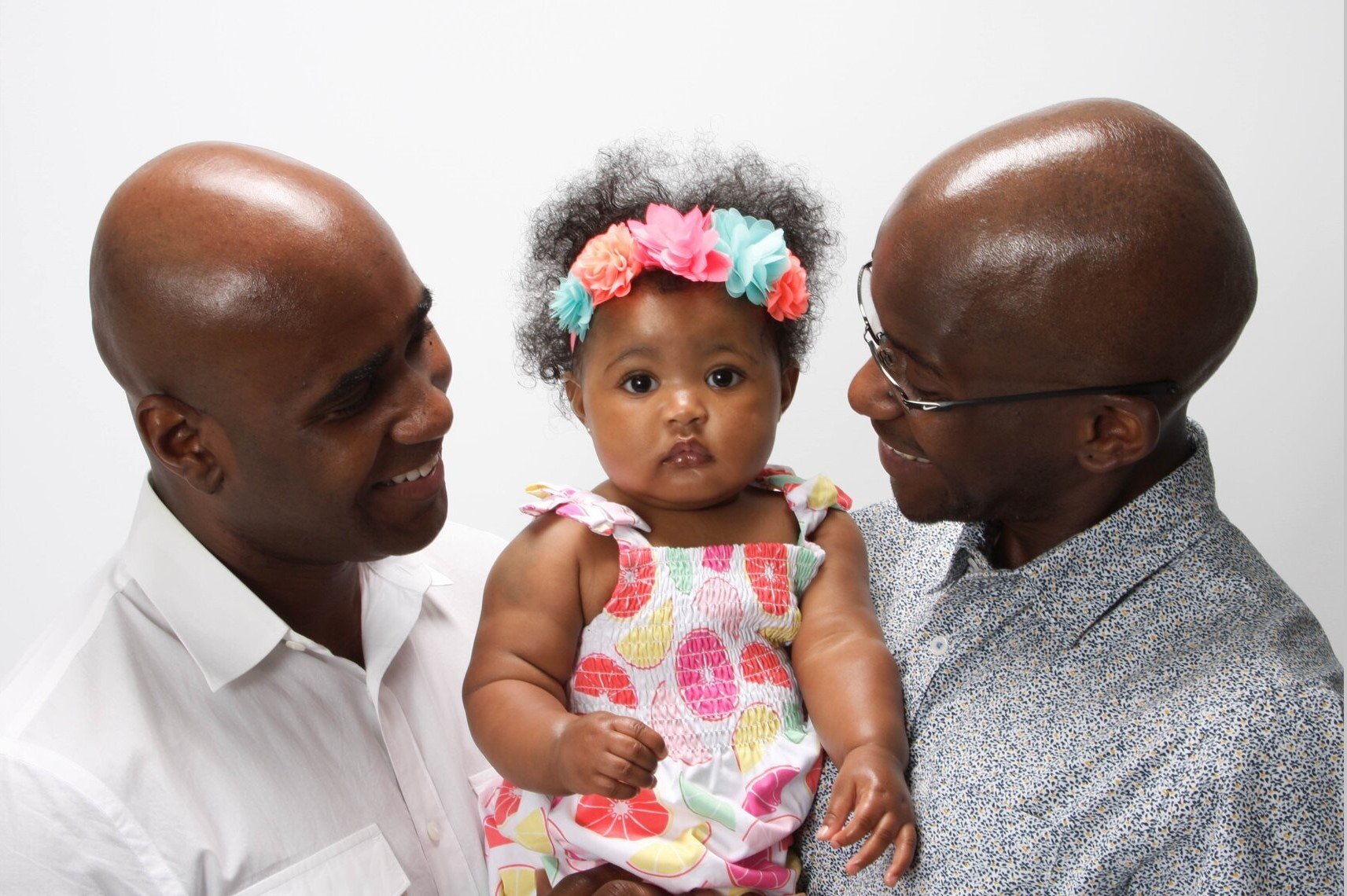Positive Adoption Language: Words Matter
/Using positive adoption language means taking care to choose the words that are accurate and respectful to all those involved in the adoption process. It can feel like a new language to learn when you first begin the adoption journey, but it becomes intuitive the more involved you are. Below are a few examples of some commonly misconstrued phrases in adoption.
Expectant parents/birth parents versus real parents/natural parents
A person planning to place a child for adoption is an “expectant parent,” if the baby is not yet born. That person is a “birth parent” after the child is born. Referring to the expectant or birth parent as the “real” or “natural” parent diminishes the role of an adoptive parent chosen by the expectant parent and can imply that the adoptive placement is temporary, or not “real”.
Place for adoption/make an adoption plan/choose adoption versus Give up for adoption/surrender
The expressions “give up for adoption” or “surrender” imply that the expectant parent(s) are giving their child up because they don’t want the child, or are simply throwing in the towel. In reality, the expressions “choose adoption” or “make an adoption plan” reflect the choice that the expectant parent makes when moving forward with an adoption, and honors his or her decision-making process. When an expectant or birth parent makes an adoption plan, he or she is making a significant parenting decision for that child.
Parents versus Adoptive Parents
Even after the adoption is finalized, we sometimes hear the parents referred to as “adoptive parents.” Whether they created their family through adoption, birth or in some other way, they’re really just “parents.”
Expectant parents and adoptive parents have important roles in the adoption process and to the child at the center of the adoption triad. We can accurately and sensitively refer to the adult members of the triad who all care about the child’s best interests. We all struggle with changing terminology, however, so if you are ever wondering about meanings and what words are best, AOW’s social workers are happy to talk it through with you, without judgment.
